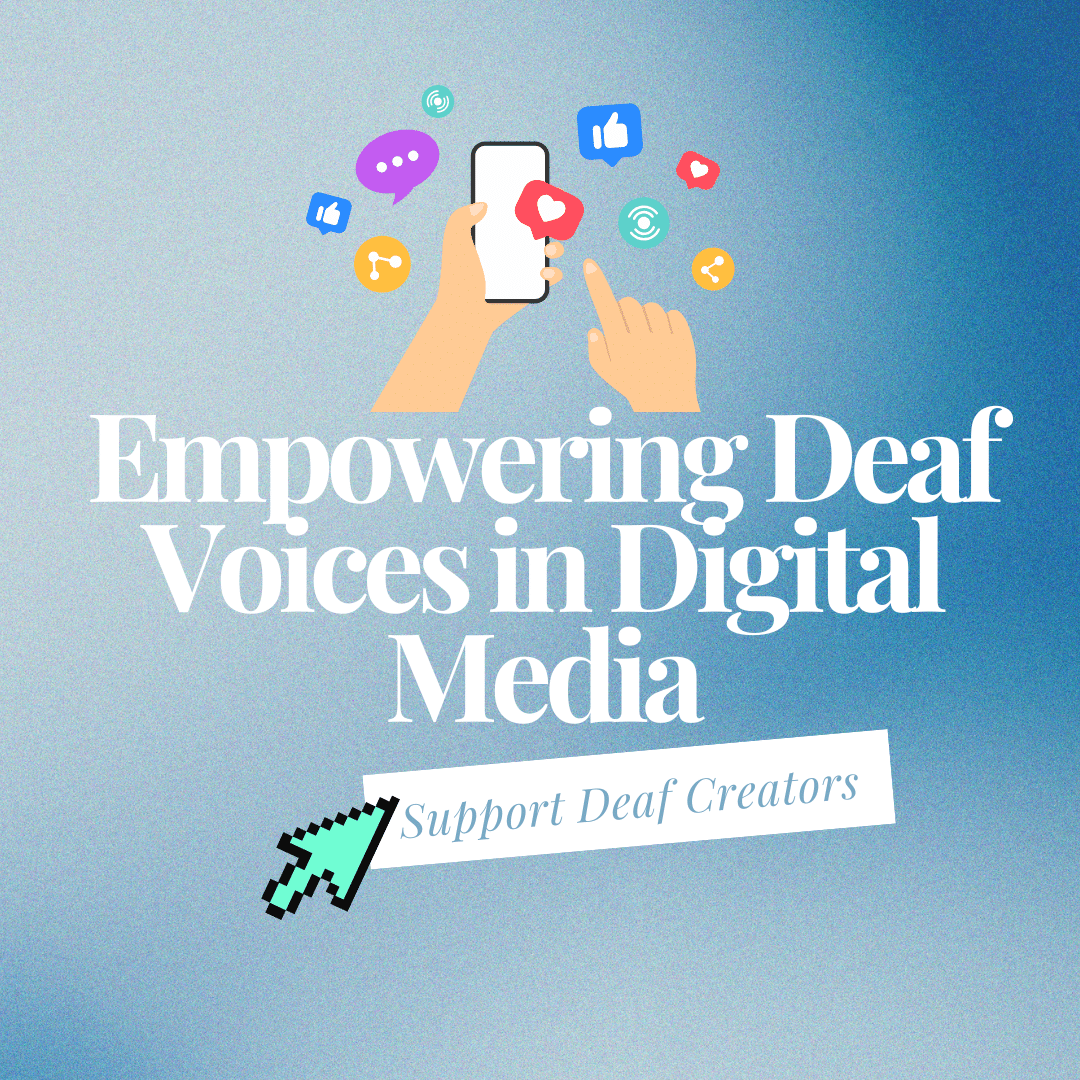
Deaf People’s Experiences at the Airport
- by Katelyn Cheng
- 4 Comments
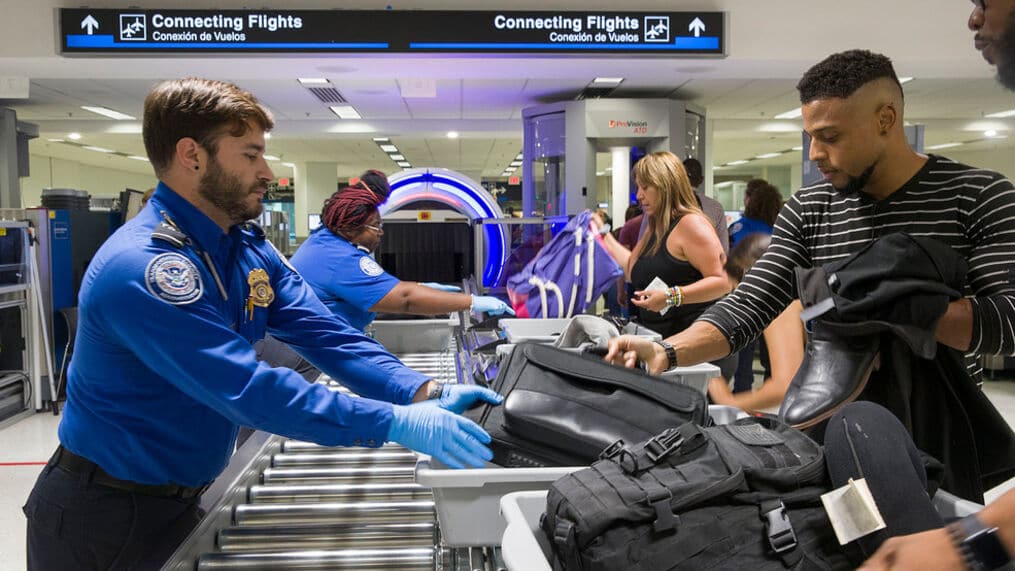
With COVID under control, airports are re-opening and especially with spring break and summer is right around the corner, people are booking their vacations and getaways. With that being said, there are pros and cons Deaf people experience at the airport. The pros include the ability to cut to the front of the line or catching the first available flight. The other pro is that people who work at the airport or the flight attendants know American Sign Language, which makes communication much easier. However, the cons outweigh the pros. Deaf people experience being mistreated and awkward situations.
In this paragraph, I will discuss about the cons. Miscommunication is one of the biggest con. It can be difficult to understand people especially when traveling internationally and a D/deaf person is conversing with people who have accents. It is easy to miscommunicate. The most struggle D/deaf people deal with is going through TSA. Although there are visual signs of what to take out, TSA will still verbally speak to people the instructions, to wait, to go, to ask questions etc. It can be pressuring because people are waiting in line and TSA will want to keep the line moving. It can be awkward when the D/deaf person is unable to understand and communicate with TSA, asking him or her to repeat multiple times, and holding up the line. The miscommunication and not confidently responding can cause TSA to become suspicious of the D/deaf person and are taken to a separate room to investigate belongings and interrogate the D/deaf person. One deaf person has friends who have experienced being placed in a separate room multiple times in one airport for investigation.
I personally have experienced the challenge of communicating with TSA multiple times. I love to travel and fly out but having to go through the airport, especially TSA, is something I hate having to go through. I have struggled knowing what to do with my cochlear implant. I try not to go through the metal detector with my cochlear implant on because I have experienced my mapping got scrambled. The next time I had to go through TSA, I took off my cochlear implant way in advance and locate them in the bucket with the other electronics, but then TSA who was wearing a mask was trying to talk to me. I could not understand the TSA guy at all and was struggling to find a way to communicate. A young Asian woman around my age turned to help me and took out her phone to show me that I needed to take out my phone. I was really grateful for her help.
Here is another example when I was traveling internationally with my family and talked with a TSA in Frankfurt, Germany. At that time, I was not confident in letting people know that I am hard of hearing. The guy I was speaking with had an accent, so it was difficult to understand him. He was asking me where I was going and for what purpose. I was struggling to understand the TSA and was thinking about telling him that I am hard of hearing but I choked. Finally, my sister came by and asked my sister to help me. The guy asked the questions again. My sister said we were going to Vienna and the guy let us through. It is a struggle from someone like me who is hard of hearing to converse with foreigners especially when they have a heavy accent.
Below are real life examples from multiple Deaf people who they share their experiences at the airport.
One Deaf guy, who wishes to remain anonymous, shared he have multiple times experienced TSA freak out when they see a Deaf man owning a firearm. The Deaf guy received the firearm from a family member. He was making a trip to a different state. He went through TSA check up and he notified TSA that he had a firearm on him. TSA started freaking about a Deaf guy owning a firearm. The TSA workers went to go get their supervisor and the Deaf guy was asked to go in a room where TSA could investigate him and the firearm. They checked to make sure the firearm was legit and working properly. Once TSA was about to double check everything, they released the Deaf guy and was able to continue boarding the plane etc. Again, he experienced it a second time, a replay of his first experience. Since the Deaf guy experienced it once, he let TSA know that he is supposed to enter that room where he pointed but TSA told him that he is wrong. The TSA worker went to get the supervisor and turned out that the room the Deaf guy pointed out was the correct room. The Deaf guy informed the supervisor about the TSA worker mistreating him and not knowing his information.
Megan, Start ASL instructor, shares her experience:
I had my first plane ride at the age of 9 flying from Boston to Los Angeles. Of course, my parents took care of everything. However, when I became a teenager, I would fly alone to and from Boston to Washington DC for acting camp and college at Gallaudet. I always inform the flight attendant and airport people that I’m Deaf and need to board early on the plane. I always read screens about departure and baggage claim information.
One time, I thought I had time before my flight, so I read a magazine at the airport. Then once I arrived at the gate, the plane already left the jetway which meant I missed the announcement for my flight that was boarding. However, the airport folks called the plane to come back to get me. That is probably a once a lifetime experience due to FAA regulations.
As you can see. it’s hard for me to understand announcements and I rely on other people to understand what the announcements are broadcasting about. When I was working overseas in Asia and Europe, it was challenging to communicate with people who do not speak English. I’ve traveled on foreign airlines around Europe and try to find people who can speak English so we can communicate fairly well.
However, now with the COVID-19 pandemic in tow, it’s much harder to communicate with masked folks so I try to use my iPhone for texting or paper/pen to communicate. Other people have used gestures like thumbs up, etc. That helps!
Another con that is D/deaf people’s biggest pet peeve is when D/deaf buy their tickets and they put down deaf/hard of hearing, why in the entire world would it makes sense to provide us wheelchairs? A few people, including me, have experienced arriving to the airport and there is a worker with a wheelchair waiting for us. We are D/deaf, which means cannot hear, not physically disabled.
Also, it can be difficult for D/deaf people to hear the announcement, so how do they know when a the gate changed or the flight has been delayed or canceled? There are two options: either the person can ask other people around them or the airline agents what the update was. Another option to consider is to use the app of the flight the person is riding on, so for example, Southwest has its own app where it will constantly update the gate, time, etc. When riding the plane, with so much loud noises such as the airplane engine or constant chatting, how can a hard of hearing person able to communicate with the flight attendant or hear the announcements? Usually, hard of hearing people will communicate with the flight attendant that he or she is hard of hearing. The flight attendant will either point to the drinks or show a menu of the food order. Another way is to communicate on the phone by typing it in. As for announcements, that is a tough one. To get this information, the person will either need to ask someone sitting next to him or her, or ask the flight attendant. Announcements are important, but the announcements on the plane usually contain information such as if there is turbulence and need to wear seatbelts, which the seatbelt light will turn on, or how much longer it will take to arrive to the destination. If a hard of hearing person is traveling with a hearing companion, they can ask their companion if there are announcements to let them know and what the announcements say. If the hard of hearing person is traveling alone, they can ask the person sitting beside them to let them know if there are announcements and what the announcements say. People are willing to help if asked. Recently, I saw that there were captions on the TV screen of the standard announcement, but there are no visual accommodations for the individual gates. Since technology is thriving and people are becoming more aware of the Deaf community, airports should consider becoming more Deaf friendly.

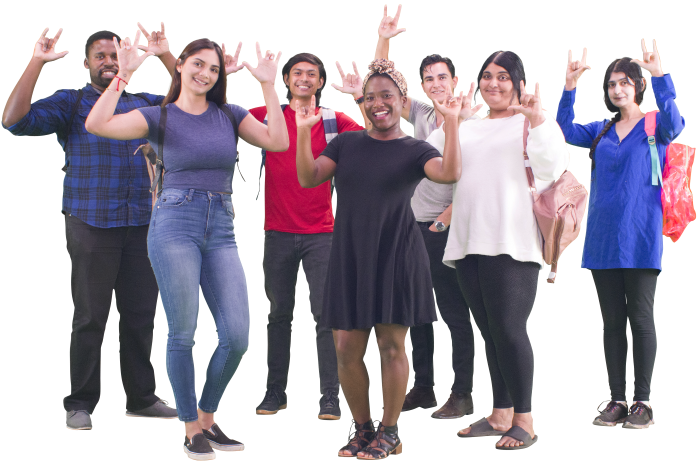
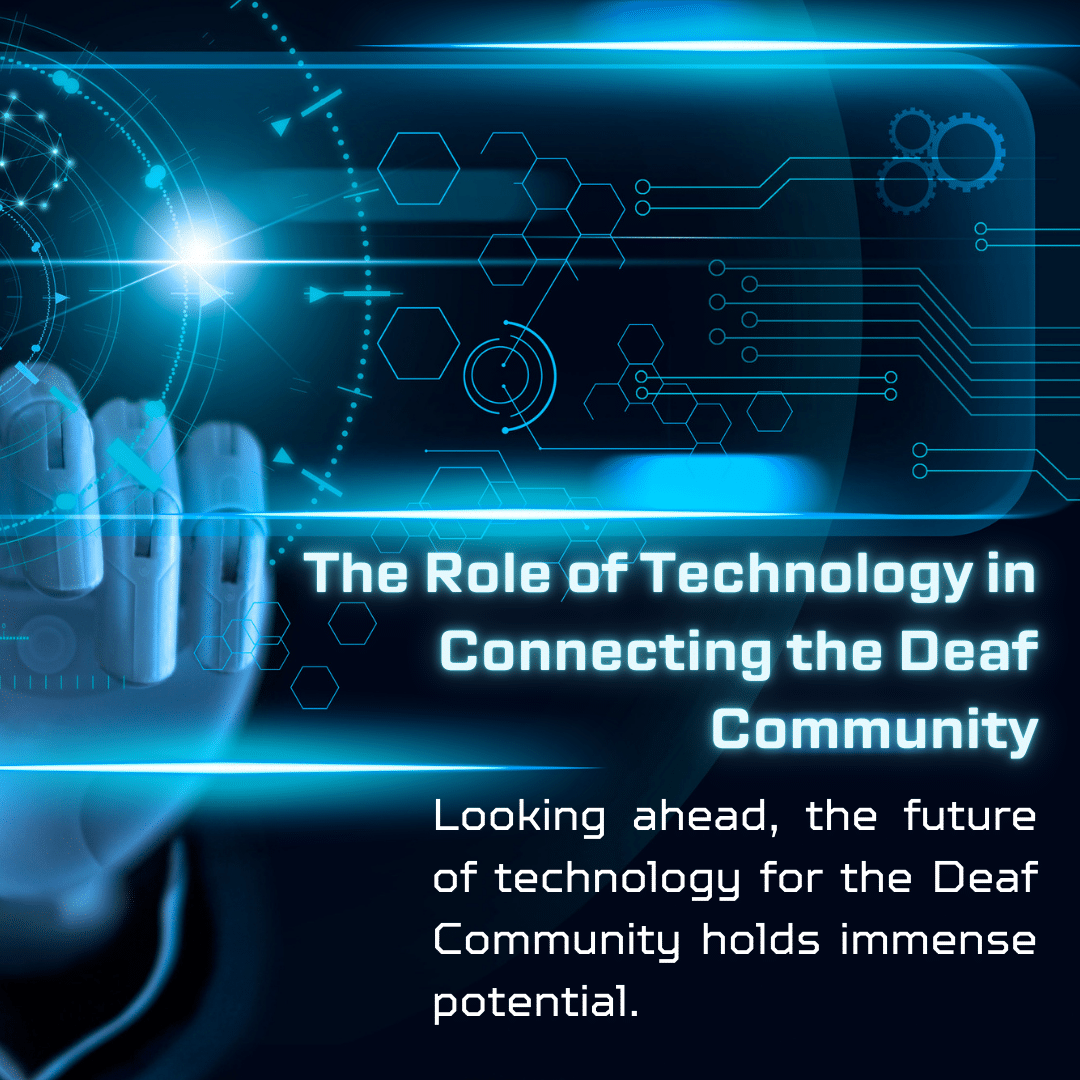


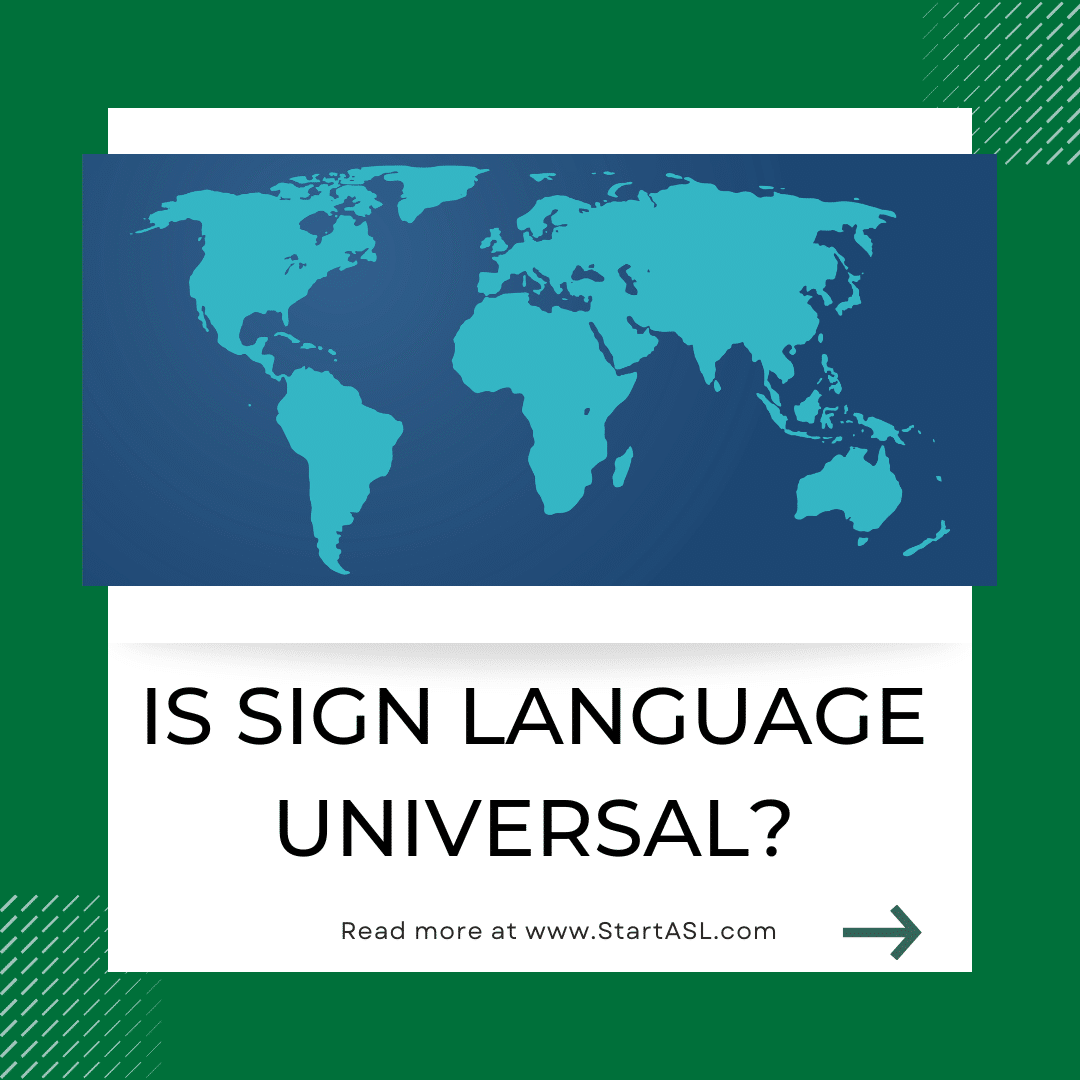
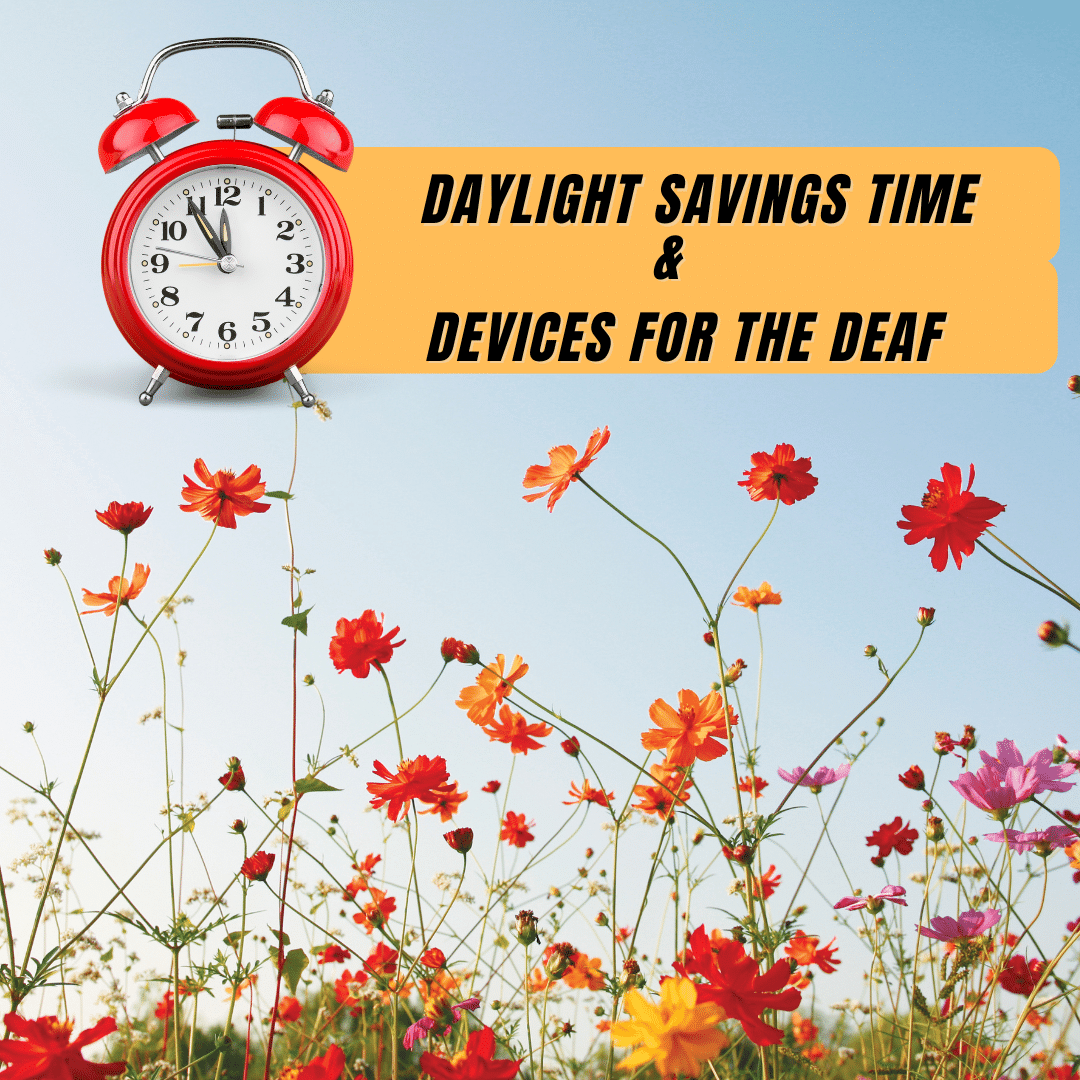




4 Responses
Good morning,
Hope are you well? I am Deaf from Burundi, Bujumbura Africa. I just to the king’s school international from Uk. Because of must information Principal said that the students improve your future, about form work experience, me so very love the Airport and i was paper letter from school international, search application for the Chief. I must going to the stage to the Airports and i like action Airports Ground Crews and Ground Crews Handler. Thank you
Airports can be overwhelming for everyone, but they can be especially challenging for deaf people. Without being able to hear announcements or rely on verbal communication, navigating the airport can be stressful and confusing. Some airports do offer resources for deaf travelers, such as visual displays and American Sign Language (ASL) interpreters, but these accommodations are not always available. It’s important for airports to prioritize accessibility for all travelers, including those who are deaf or hard of hearing.
Deaf
I want to job sandeep Vishwakarma and ritika Vishwakarma married 2 with job please like you help 🙏🙏
Hi everyone. I just wanted to ask a few question to anyone willing to reply. Im from London and i work for Heathrow Airport, I’ve recently been given the opportunity to bring forward an idea I had regarding an App to help with travelling or navigating the airport. I would really appreciate some feedback on what would help you and make your journey more comfortable. And what i should include in the app Thank You